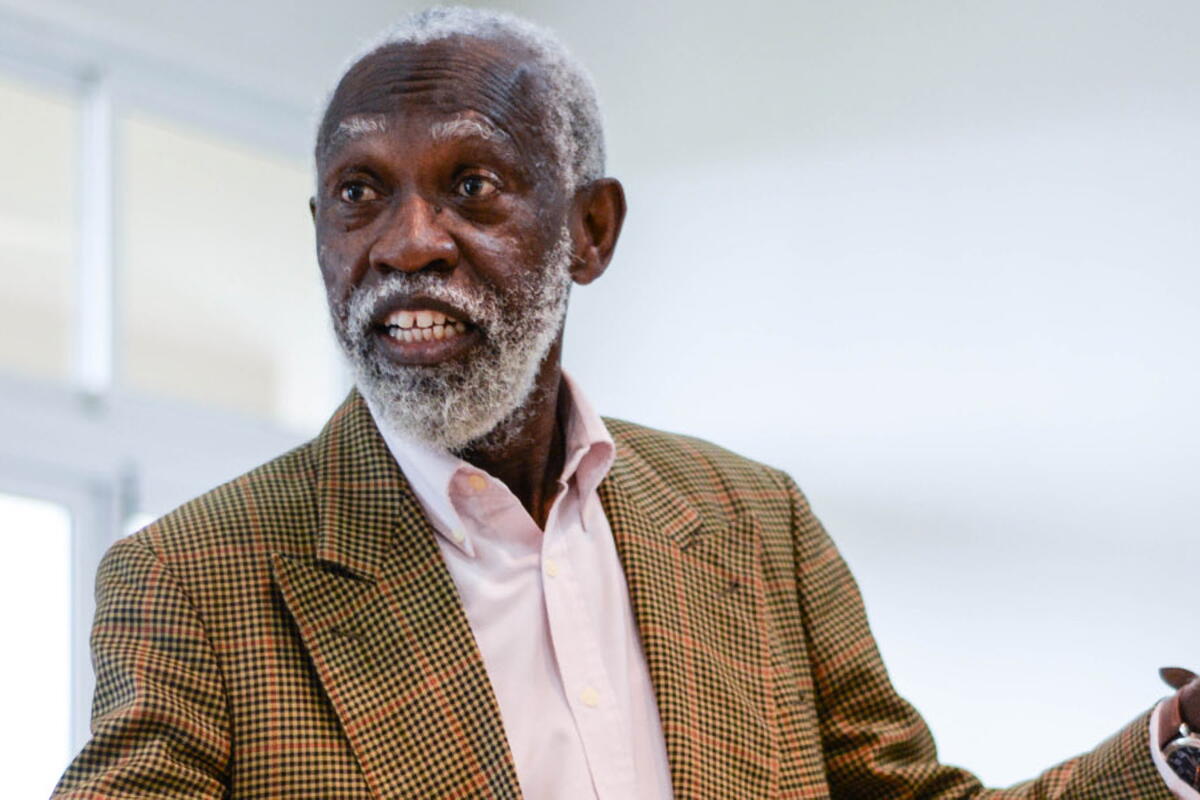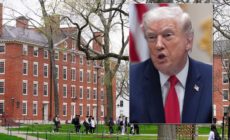Prof. Stephen Adei endorses double intake for Free SHS
- Posted on
- Comment
A former Rector of the Ghana Institute of Management and Public Administration (GIMPA), Professor Stephen Adei, has endorsed the proposal for a double admission into senior high schools (SHS), under the Free SHS policy.
“It is the most ingenious, sensible way of giving quality education,” he intimated, adding, “It is the smartest solution to addressing the challenges that come with the free education.”
The proposal
Prof. Adei was commenting on the proposal of a former Vice-Chancellor of the University of Education, Winneba, Professor Jophus Anamuah-Mensah, that the country should consider a multi-track system in the second cycle educational system, saying it was the best way to go.
In an interview with the Daily Graphic, he said he wholeheartedly agreed with Prof. Anamuah-Mensah’s proposal, adding, “I am all for it and totally agree with the professor.”
He explained that the system was necessary to enable the country to address the large numbers of students seeking secondary education and also to deal with the congestions in the various schools.
The different set of teachers
Prof. Adei, however, explained that what was required was for the managers of education in the country to recruit a different set of teachers to handle the students such that each track of students had its different set of teachers with each set having its own headmaster, “so, for instance, Achimota School will have two headmasters, one for each track.”
He described the system as one of the most ingenious and innovative ideas ever mooted out, explaining that last year for instance, because of the Free SHS policy, the classrooms were congested and such an idea should be embraced and implemented immediately.
“Technically, children go to school for only about 180 days in a year, so why spread it such that we have so much overcrowding?
“You can have two streams, multi-track, whereby one goes to school for about say, three months, another goes to school for three months, so you end up with the same contact hours and at the same time, every facility is being used twice, so that instead of having, say, 80 students in the class, immediately you have 40,” he explained.
Lowering standards
Rejecting complains that the system would result in lower standards, Prof. Adei said unfortunately whatever innovation that was brought forward, those who were used to the status quo would kick against it.
Citing his own experience during his days at GIMPA, he said when he tried introducing top-up programmes those days, he faced stiff resistance from various quarters, “but I said I would do it damming any consequences. Today, it is the norm. I don’t think there is any university in the country that is not doing top-up or sandwich programmes.”
He said he believed that those who were kicking against the concept had not really examined the concept, adding that it was the most efficient way of ensuring equity without compromising quality.
“The good thing is that Ghana is not the first country to do it. Many other countries have done and are still doing it because, it is proven and tested and every country that has successfully done it will attest to it,” he stated, adding that he believed it was the right thing, the most economical and the one that would improve quality secondary education.
Describing himself as a change manager, Prof. Adei said he was enthused about the idea and asked the Ministry of Education to embrace it, “because this is a real innovation.”
Semester system
Throwing light on whether the system should go with a semester system or with the current trimester, Prof. Adei said the system required that it should go with a semester, “because we will be having two streams, we cannot have the trimester because you have to give one set sufficient time to go and the other set comes.”
He explained that with the trimester, the time would be too short for the students because they needed time and should not be disturbed with short holidays.
Objection to the proposal
Commenting on complaints following his proposal, Prof. Anamuah-Mensah said in an interview that “it has been shown by research that this system provides an opportunity to improve on the quality of education.”
The proposal has already ignited a debate among Ghanaians, with some supporting the idea of the proposed system– saying it would ensure that many of the placed candidates enrolled– and others rejecting it.
Those who are rejecting the proposal are of the view that the quality of education in the country will be compromised and that adopting such a system will amount to toying with the education and the future of the children and urged the government to reject the proposal outright.
However, Prof. Anamuah-Mensah expressed the belief that such dispassionate discussions were the best way to kick-start a national discussion on the way forward in order to reach a broad-based consensus.
Benefits of the system
Prof. Anamuah-Mensah said the multi-track system, allowed the teacher to have a limited number of students to handle in a class as compared to the current situation where the majority of the qualified candidates were packed into the few available classrooms.
He acknowledged that the concerns of the people were understandable, “because it is new and they will ask genuine questions such as what are you doing with our children? Are you playing with our children?”
He said he was convinced that it was the best option to the current congestions in the schools, which had the potential of compromising quality, adding that even the best schools in the country were grappling with space and crowded classrooms.
“The reality is there, but getting people to accept it is another ball game altogether,” he conceded and called for a national debate in order to reach a consensus for the sake of children in the country.
He questioned whether the important thing was to allow all the qualified students to be crammed into the few classes and came out as nobodies and stated that “as for the infrastructure, we cannot create infrastructure overnight.”
Congestions in schools
Prof. Anamuah-Mensah, who is an education consultant, observed that over the years, significant numbers of placed BECE candidates were not enrolled, pointing out that under the Free SHS policy, the numbers were increasing and there was, therefore, the need to find innovative ways of addressing the situation.
He suggested that the ministry and the GES could visit other countries such as China and the Southern American countries, where the system was being practiced in order to understudy them and adopt the best practices to come back to replicate.
Source: GNA











 (Selorm) |
(Selorm) |  (Nana Kwesi)
(Nana Kwesi)